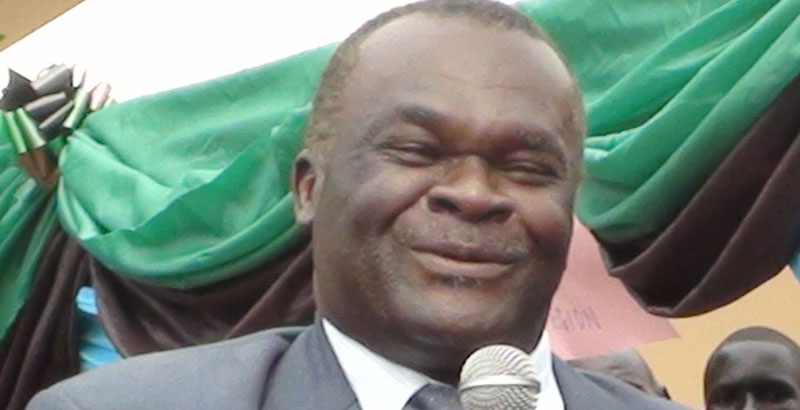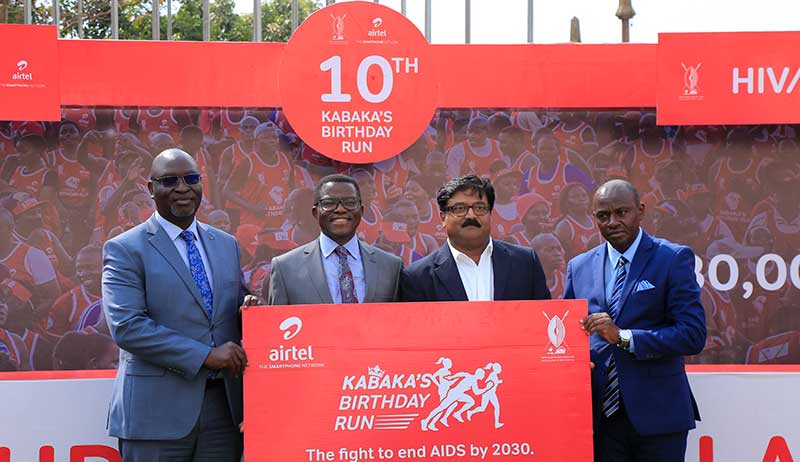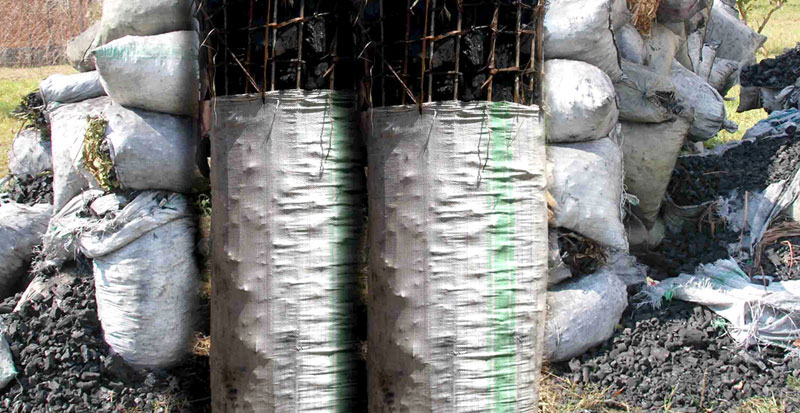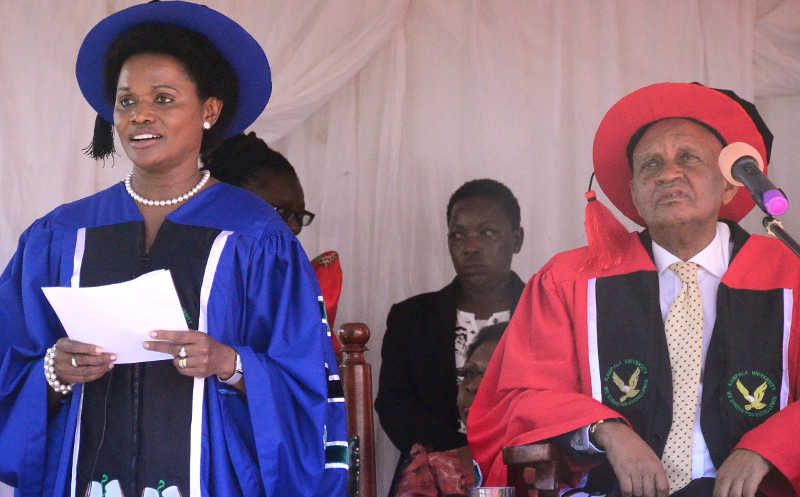With more than 30 years in the legal practice, the newly appointed Deputy Chief Justice of Uganda Alfonse Chigamoi Owiny-Dollo has witnessed the power of traditional cultural institutions in solving disputes that would end up in courts of law.
The 61 year old Justice and head of the Constitutional Court said this week that he felt compelled to speak out on the raging country-wide debate regarding land disputes.
The justice’s stepping out comes at a time when the government’s appointed Bamugemereire land probe has discovered massive irregularities in the way powerful and rich Ugandans have dispossessed poor people of their land often irregularly.
According to judiciary officials, land disputes comprise the bulk of cases at the moment and have greatly contributed to the pile up of cases with some of them taking as long as ten years before they are concluded.
Justice Owiny Dollo now says that most of the cases that end up in courts would have been solved if the government and community empowered traditional cultural leaders.
“For every wrong that is done, you run to our courts yet we have the Rwot, Kabaka, Omukama, Omugabe, Kyabazinga and all these cultural institutions,”
He added: “There are so many land conflicts that need not go to the formal courts where I sit, if at all we can promote and enable these traditional leaders and pump resources into them, they can sort out so much of these.”
He argued that the case backlog at the formal courts are mostly civil cases where two brothers may be fighting or quarreling over a piece of land which cases according to him, can easily be sorted by traditional leaders.
“Some of these case backlogs are between two brothers fighting over what their father left. And the answer lies in these traditional leaders of ours. They will come and say we don’t do things like these, this is how we do it.
This is your share and that is your share. This younger brother of yours has just grown up today if we give you everything today, you will misuse it. Things would be sorted out like that,” the Justice explained.
Justice Owiny Dollo believes that if the government of Uganda supported the traditional institutions in whatever way possible, Uganda would be a model country in Africa in administering justice.
“Uganda could be a center for international criminal excellence in the whole of Africa.
For me, I see value in our traditional justice system. It does not say you are wrong, he is right. It picks what is good and joins the good and puts away the bad. It’s a win-win situation.”
Owiny Dollo’s address took place in Atiak sub-county, in Amuru district, a place that has seen its fair share of land disputes.
Recently Amuru shot into the national and international news headlines as residents protested the government’s plan to award some 10,000 hectares of their land to sugar investor Madvani to set up a sugarcane plantation.
The move was opposed by the residents and local politicians. Owiny Dollo’s case for cultural institutions was helped by testimonies from traditional cultural leaders who said they help to mediate about 10 disputes, mostly involving land, on a week basis.
Rwot Yusuf Adek, the chief of Pageya clan told the gathering that indeed many people run to the formal courts but are instead sent back to the cultural institutions to resolve their disputes.
“The formal court takes too long and some people get tired of their cases. Some people run to court, fine. But they are sent back to us.
Some of them are prominent people with power and authority who should instead be helping us to advise on how people should live peacefully,” Said Rwot Adek.
He told our reporter that the formal court system makes the poor people poorer because it requires a lot of money to pay the lawyer.
“Our people are poor but the lawyers need a lot of money from them to take their cases before court. These court cases are not affordable by most of our people who need justice. Instead, it brings enmity when the rich buy their way through and hire lawyers to appeal and defeat the poor,” Rwot Adek argues.
According to Ambrose Oola, the Prime Minister of Ker Kwaro Acholi, the biggest challenge to the cultural institution at the moment is land dispute.
“We have dedicated Monday, Wednesday and Friday every week to handle land cases. They are increasing and becoming more complex. The purpose for which most people want land now is for sale,” noted Oola.
He adds that the most complex cases are mainly between and among family members.
Ker Kwaro Acholi, which is a central institution, handles an average of 10 cases of land disputes per week as the clan heads and chiefs in each of the over 100 units handle and average of five cases per week. Complex cases that defeats the clan heads and chiefs are then forwarded or appealed at the central institution, Ker Kwaro Acholi.









